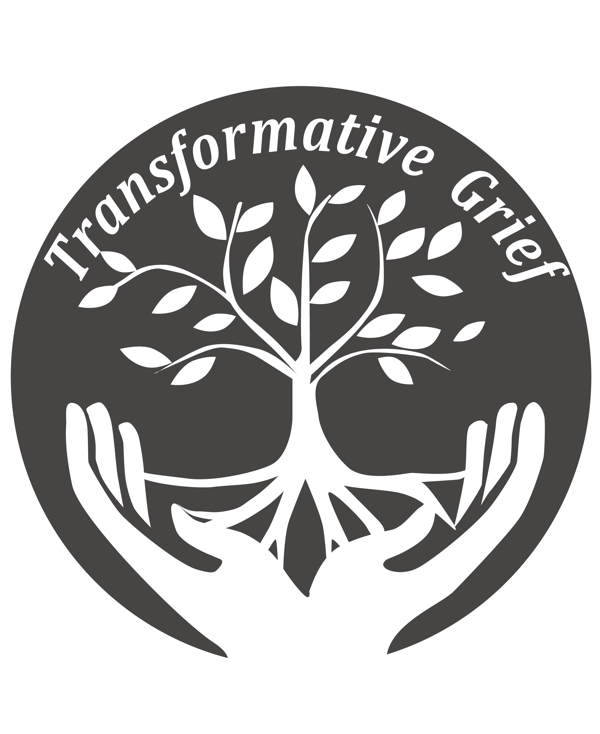Grief is not contagious. You can not catch grief nor can you avoid it. Death is a part of life. Every single person will experience loss. And every single person will grieve that loss in their own unique way.
Talking about grief, naming the person who died, asking about and remembering them is an act of love, compassion, and empathy. Remembrance is a lifeline.
Fear (avoidance) prevents us from authentic connection. Do not fear saying the wrong thing, reminding the person grieving that their loved one has died, or that by remembering their loved one you will trigger pain. The pain and knowing is ever present. Letting them know that you love, miss, and remember is comforting, reassuring, important. If you do not know what to say, be honest and transparent without putting the responsibility onto them (expecting them to teach you how to care for them). I am thinking of you and wish I had words to provide comfort. I am here. I love you…is always a good place to start. Acknowledgment is a lifeline.
Grief can feel lonely and isolating. Offer companionship. Go for a walk, a drive, share a meal, a movie. Be specific with your invitation, Let’s go for a walk, to a movie, to get coffee, yoga, or the library. Would you like to join us for lunch or dinner? Evenings and mealtimes can be especially lonely. Even if they say no the first several times, continue to ask. Being included is a lifeline.
Text, email, send a note, pictures, a card. Make a donation in their loved one’s name. Leave a meal, a muffin, a latte, or flowers at their door and text, Thinking of you. I left you a little something at your door. Text or call when you are up for company. And then show up when they do. Text before going to the grocery store or pharmacy to see if they need or want anything. Offer to walk the dog, help with rides, yard work, laundry. Knowing that people care and are making an effort to be supportive is a lifeline.
Do not give up on your friends and family who are grieving. Continue to reach out. Try to meet them where they are. If they want to talk, listen. If they want to sit quietly or organize a closet, show up and follow their lead. Be patient, flexible, non judging. The last thing your friend or family member needs is to be told how to grieve or to hear comparisons to their loss. Be mindful, there is no one way, right way, timeline. Grief is personal, messy, ever changing. Unconditional support is a lifeline.
Acute grief does not last forever. In their time they will feel up for company, going out, and having conversations. In the meantime, continue to express love, care, and compassion. Be a lifeline.









